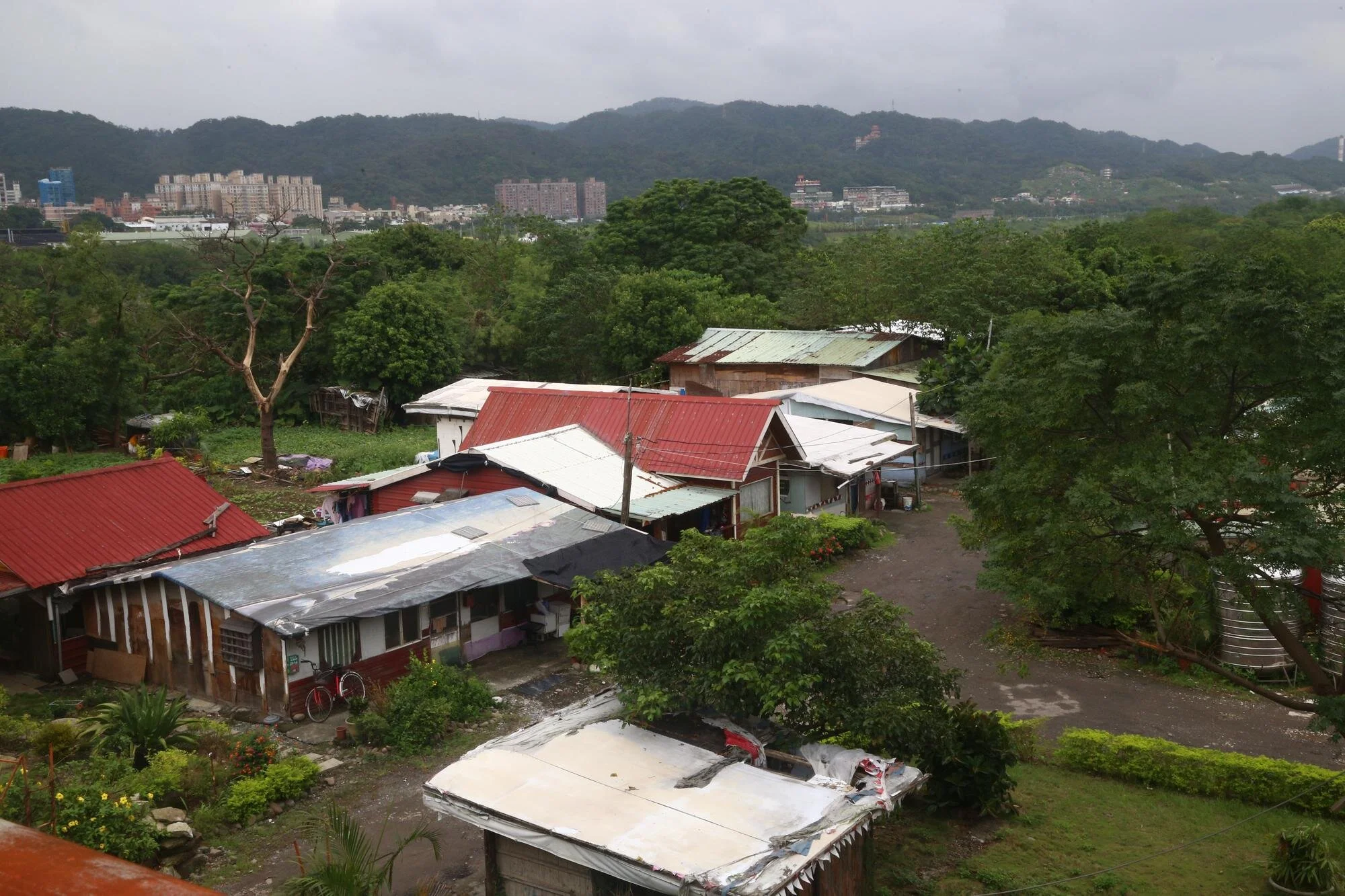All in The Reporter (報導者)
When Covid-19 broke out in China in January 2020, Chinese students studying in Taiwan (lusheng) found themselves caught between geopolitical tensions. The pandemic is not only a health issue for these young people, but a political issue as well. Introducing the first piece of the special series: Lusheng in Taiwan: Contradictions and Anticipations.
At the start of 2021, the Hong Kong police arrested more than 50 opposition figures under the Hong Kong National Security Law. This was a huge crackdown on activists and those seeking to defend democracy in Hong Kong.
The content farm "Mission" is enormously popular with pan-blue supporters, and despite numerous takedowns, continues to rise from the dead. But who's pulling the strings at Mission?
China and Taiwan both use “China” in the names of their national airlines. But the confusion doesn’t stop there, they also share the same “tail numbers” — identifying numbers that are unique to each country’s national air carrier.
Seventeen years ago, the SARS epidemic had a devastating impact on the patients and staff of Taipei City’s Heping Hospital. The Reporter looks at how three doctors’ dealt with the epidemic.
The Sanying Amis helped build the city of Taipei. The government thanked them by tearing down their homes. But a new model of ownership could help to make things right.
Google, Facebook and LINE claim to have toolkits to stop the spread of disinformation on their platforms. In reality, content farms and propaganda peddlers are way ahead of the game.
A mysterious figure from China, “Boss Evan” has trained dozens of online fraudsters and propaganda peddlers. Now, he’s created an entire platform for anyone to bootstrap their own content farm empire.
Hong Kong’s anti-extradition protests have slowed considerably since the outbreak of the coronavirus. But underneath the medical masks, confidence in chief executive Carrie Lam remains in short supply.
In Malaysia, trans-national content farms are “an industry,” says one insider. But why does Malaysian content directed at Taiwan take on so many “Chinese characteristics?”
Messaging app LINE is a haven for health scams, misleading headlines and Chinese government propaganda. In this four part series, The Reporter reveals a trans-national group of schemers behind the all out assault.
In 2016, Taiwan's supreme court ruled that a 228 victim family from Okinawa had the right to receive government compensation. Taiwan watcher Tsuyoshi Nojima asks what Japan can learn from the ruling.
The KMT established the Golden Horse Awards in the 1960s as a propaganda tool to promote patriotic Mandarin-language films, but did you know the first Golden Horse Award was just a sideshow for Taiwan’s massive Taiwanese Hokkien film industry awards?
An outlier in Taiwan’s modern dance scene, award-winning dancer Yao Shu-fen says “without creative work, it is impossible to live.”
Chen Meihua, professor of sociology at Sun Yat-sen University, says misogynist speeches by KMT candidate Han Kuo-yu not only scared away women’s votes, but also the youth vote.
A Taiwanese fishermen recruitment agency was charged in Cambodia with one of the most serious cases of human trafficking in the country’s history. The Taiwanese government wants to forget all about it.
Former grand justice Hsu Yu-hsiu writes about the lockstep political development of Taiwan’s independent press and the tangwai movement, and how the public found courage to speak their conscience.
Writer Tang Shu-wen says the ghosts of the martial law period lived on in Taiwanese schools for nearly fifteen years.
A child of the martial law period says its influence persisted even after it ended and that she was “blacklisted” by her classmates for not crying at the former president’s funeral.
Writer Chen Tsui-lien says the KMT’s party-state education system was an efficient brainwashing apparatus. But when the cracks started to appear, the entire system came crashing down.





















